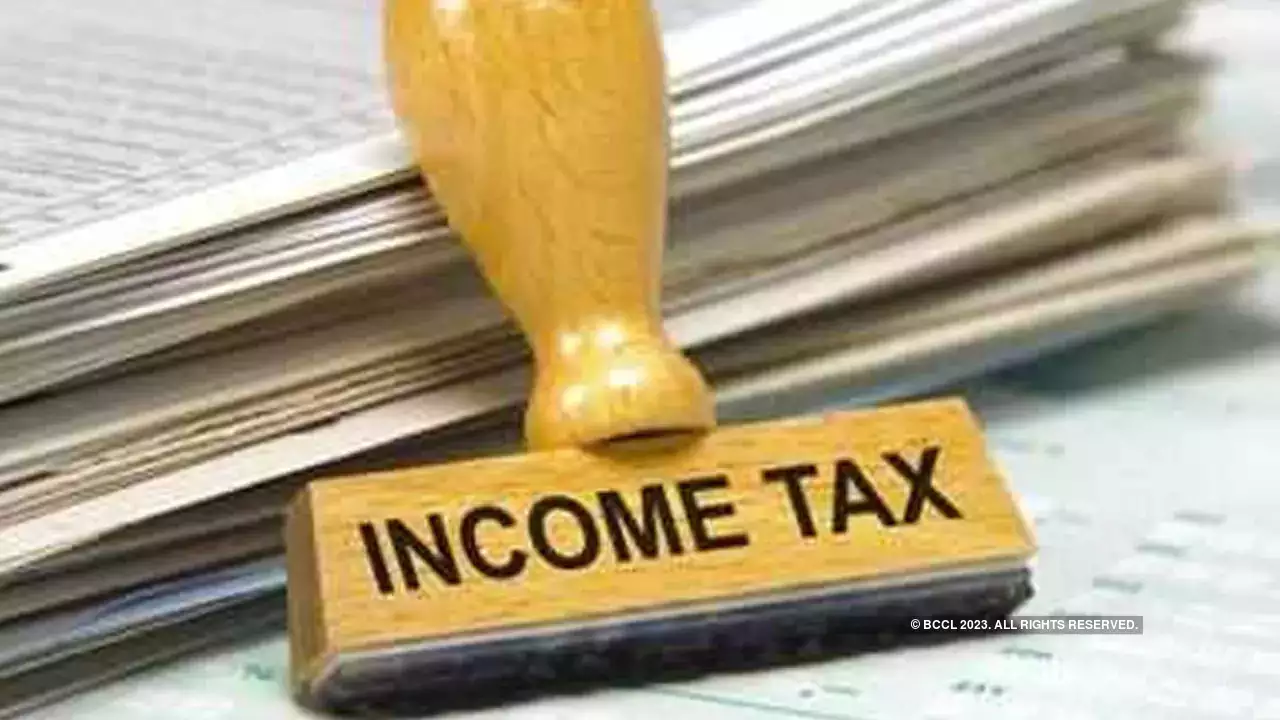
The Income Tax Department in India has reportedly launched investigations into influencers and content creators as part of its efforts to ensure tax compliance. This article examines the reasons behind the probe, the implications for influencers, and the broader context of tax regulations in the digital content industry.
Increased Scrutiny on Influencers and Content Creators
Growing Influence of Digital Content: With the rise of social media platforms and the increasing popularity of digital content, influencers and content creators have gained significant prominence. Their earnings through brand collaborations, sponsored content, and monetized platforms have drawn attention from tax authorities.
Tax Compliance Concerns: The probe by the Income Tax Department is aimed at ensuring tax compliance within the influencer and content creator community. It seeks to identify instances of underreported income, undisclosed assets, and non-compliance with tax regulations.
Rising Earnings Potential: Influencers and content creators often generate substantial income through brand partnerships, advertisements, and endorsements. The tax authorities are keen to ensure that these individuals accurately report and pay taxes on their earnings.
Non-Traditional Revenue Streams: The digital content industry has introduced innovative monetization methods, such as affiliate marketing, sponsored posts, and subscription-based content. Tax authorities are scrutinizing these revenue streams to ensure proper taxation.
Increased Compliance Requirements: The probe by the Income Tax Department serves as a reminder for influencers and content creators to adhere to tax regulations and maintain accurate financial records. It highlights the need for them to report their income, pay taxes, and fulfill their tax obligations diligently.
Potential Penalties and Liabilities: Non-compliance with tax regulations can result in penalties, fines, and legal consequences. Influencers and content creators found to have evaded taxes or underreported their income may face liabilities and damage to their reputations.
Evolving Landscape: Tax authorities worldwide are adapting to the evolving digital landscape and working to regulate the taxation of digital transactions and online income. The influencer and content creator industry, being a significant part of the digital economy, has attracted increased attention from tax authorities globally.
Collaboration with Platforms: Tax authorities are also collaborating with social media platforms and digital content platforms to gather data on earnings and verify the accuracy of reported income. This collaborative effort aims to streamline tax compliance processes and address potential loopholes.
Last Updated on: Saturday, July 1, 2023 12:30 pm by Anu Priya | Published by: Anu Priya on Saturday, July 1, 2023 12:30 pm | News Categories: GENERAL
About Us: Business Byte covers a wide range of topics, including India news, business updates, startup insights, technology trends, sports, entertainment, lifestyle, automobiles, and more, led by Editor-in-Chief Ankur Srivastava. Stay connected on Website, Facebook, Instagram, LinkedIn, X (formerly Twitter), Google News, and Whatsapp Channel.
Disclaimer: At Business Byte, we are committed to providing accurate, reliable, and thoroughly verified information, sourced from trusted media outlets. For more details, please visit our About, Disclaimer, Terms & Conditions, and Privacy Policy. If you have any questions, feedback, or concerns, feel free to contact us through email.
Contact Us: businessbyteofficial@gmail.com || ankursri983@gmail.com